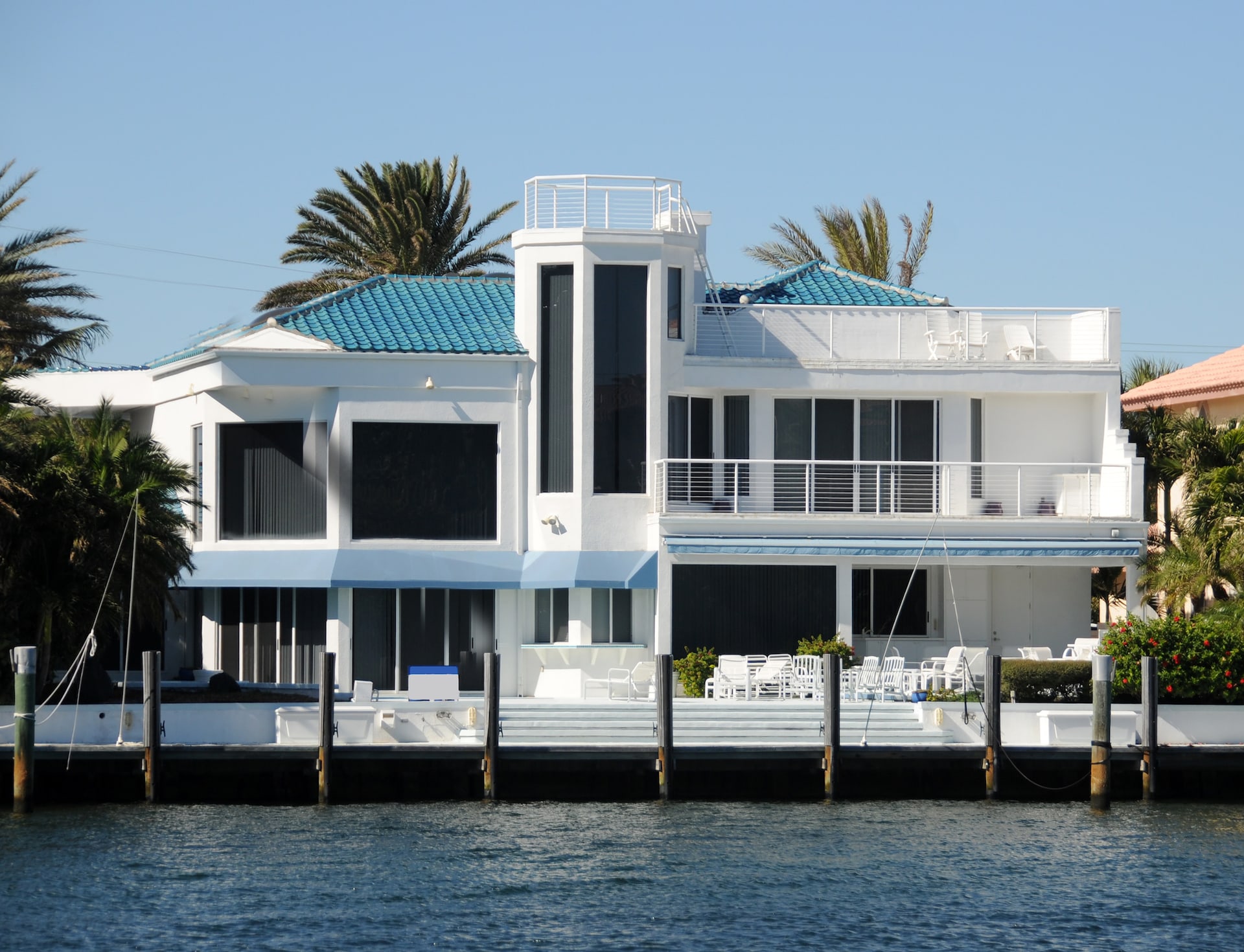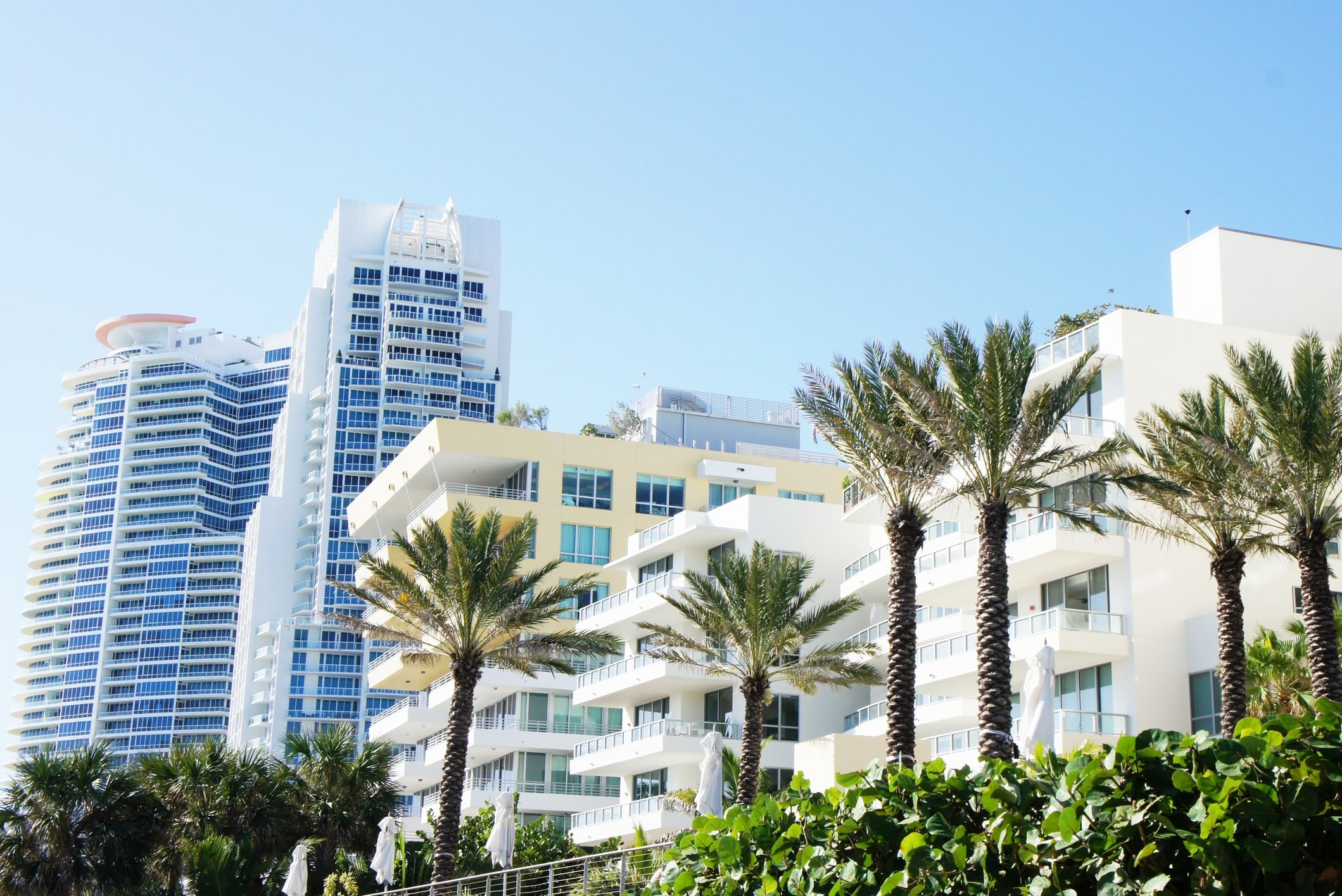What are the Pros and Cons of Foreign National Loans?
In this article, I'll delve into the pros and cons of foreign national loans. These loans offer great benefits for non-U.S. citizens investing in...
3 min read
 Ted Spradlin
:
Jun 13, 2023 3:57:09 PM
Ted Spradlin
:
Jun 13, 2023 3:57:09 PM

Prepayment penalties for foreign national mortgage loans are early payoff fees that lenders charge borrowers who pay off the loan early, usually within the first 1-5 years. The penalty can be significant, so it’s smart to know the terms and costs of an early payoff prior to taking out a mortgage.
Prepayment Penalties for Different Types of Foreign National Loans
The different types of foreign national mortgages have different prepayment penalty features. It’s important to know, by law, that owner-occupied consumer purpose loans aren't allowed to have a prepayment penalty. Investment property mortgages, or business purpose loans, can have a prepayment penalty.
Below is a chart of whether prepayment penalties (PPP) can be charged on the different types of foreign national residential mortgages:
| Loan Type | Prepayment Penalty Allowed |
| Owner-Occupied | No |
| Investment Property | Yes |
| Conforming (Fannie Mae/Freddie Mac) | No *penalties aren't a feature of conforming loans |
| Conventional (NonQM and Jumbo) — Owner-Occupied | No |
| Conventional (NonQM and Jumbo) — Investment Property | Yes |
| Bank Portfolio — Owner-Occupied | No |
| Bank Portfolio — Investment Property | Yes |
| Hard Money — Owner-Occupied | No |
| Hard Money — Investment Property | Yes |
A sliding-scale prepayment penalty is common for investment property loans. I’ve done several 30-year fixed-rate mortgages on residential rental portfolios, where the prepayment penalty is structured as a 5-4-3-2-1 sliding scale. Year one has a 5% penalty if the loan is paid off in full while year five has a 1% penalty if the loan is paid off.
Here’s how the sliding-scale prepayment penalty works on a $1 million mortgage:
I’ve brokered hard money loans, jumbo mortgages and NonQM loans with sliding-scale prepayment penalties.
Conventional mortgages like NonQM loans and jumbo mortgages for investment properties can also have a set amount of prepayment penalty if the loan is paid off during the first or third year. Usually, these prepayment penalties total 80% of six months interest.
Here’s the math using that same $1 million mortgage example from above:
Some residential mortgages have yield maintenance requirements — but it's more common with commercial property mortgages, where the loan may have a 5-year fixed-rate period amortized over 25 years.
Yield maintenance looks like this:
If the loan is paid off in the 40th month, the payoff demand will include the principal balance plus 14 more months of interest — taking it up to 54 months of interest paid.
Twelve-month hard money bridge loans may have a guaranteed interest clause, where the borrower agrees to make a minimum of three interest-only monthly payments. If the borrower pays off the loan after the second payment, the payoff demand will reflect the principal balance of $1 million plus one additional interest-only payment.
Here's the math:
Before we dive into the different types of prepayment penalties, I want to note that lenders give lower interest rates to loans with longer prepayment penalties. A NonQM DSCR mortgage on a residential rental property will have a lower interest rate with a 5-year prepayment penalty than for a 1-year prepayment penalty.
In June 2023, I closed three DSCR loans for a real estate investor at a 6.990% rate on a 30-year fixed-rate mortgage with a 5-year prepayment penalty. For comparison, the interest rate with a 1-year prepayment penalty was 7.875%.
If you have a loan with a prepayment penalty, and you're within that penalty period, you can normally pay down 20% of the principal balance each year without incurring a penalty.
Here’s how it works on a $1 million loan with a 3-year prepayment penalty:
Conclusion
Prepayment penalties on foreign national mortgage loans only apply to investment properties. If you’re buying a primary residence (an owner-occupied property) there is no prepayment penalty. Prepayment penalties, yield maintenance and guaranteed interest clauses all fluctuate with loan type and lender. Opting for a longer prepayment penalty will usually give you a lower interest rate on your loan. It’s smart to know how your prepayment penalty works so you can budget and plan accordingly — and ensure you're not paying additional penalties or interest on your mortgage.

In this article, I'll delve into the pros and cons of foreign national loans. These loans offer great benefits for non-U.S. citizens investing in...

If you're a foreign national planning to finance a residential property in the United States, this article explains the different types of foreign...

There are several pros and cons to consider before seeking a foreign national hard money loan to acquire or refinance a property in the United...